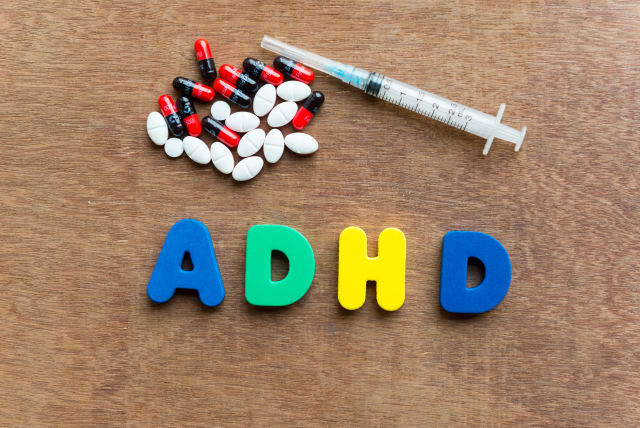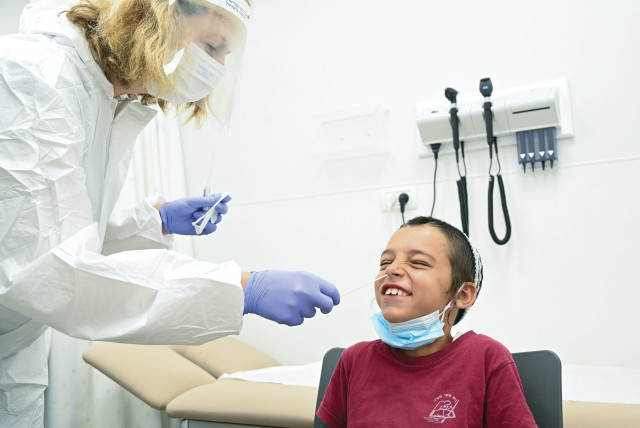New study reveals no correlation between COVID-19 and ADHD? - study

The study, which took data from millions of children, finds no correlation between ADHD and COVID-19.
Since the beginning of the COVID-19 epidemic four years ago, there have been reports that the number of children around the world suffering from ADHD has increased significantly. Many teachers, parents, and doctors have spoken of children having difficulty making eye contact, being immersed in screens, and losing the ability to pay attention over longer periods of time.
A new Israeli study sought to find out whether there has been an increase in the prevalence of the disorder and, if so, whether it is related to coronavirus.
The study, which was presented at the Israel Pediatric Association Conference on Wednesday in Tel Aviv, was conducted by Dr. Nitzan Shahar from Tel Aviv University, Dr. Vered Shekalim Zemer, and Prof. Iris Manor, a specialist in child psychiatry with Clalit. The researchers gathered data on three million cases of children aged 6 to 18 years from the electronic database of Clalit Health Services and examined the rate of diagnoses before, during, and after the Corona epidemic.
Data shows no correlation
Information was collected on the age groups, gender, socioeconomic status, and dates of diagnosis of ADHD from the data. The researchers found that the coronavirus epidemic had no effect on the rates of ADHD diagnoses and that there was no significant change in the number of diagnoses during the epidemic.
The study explained that the theory that the coronavirus causes ADHD may adversely affect children who actually have ADHD as they may not be diagnosed, thinking that their symptoms were due to the virus and not the neurodevelopmental disorder itself.
"The rumor that the coronavirus causes attention deficit disorder has been circulating for several years," explains Prof. Iris Menor. However, from all the information collected in the global medical literature and from our research, no difference was found in the rate of attention deficit disorder before and after the epidemic. ADHD is a neurodevelopmental disorder with a genetic and neurological basis, not a response to virus infection."
So what might be the cause of lowered attention spans of children and teenagers?
According to Prof. Manor, it may be the exposure to screens and social media that causes developmental damage that may affect the ability to listen: "Children now rarely make eye contact, express themselves with emojis, hardly ever read books, and are exposed to videos on Tiktok and Instagram that last a few seconds."
"All of these may impair their ability to maintain attention for a long time and their need for immediate stimulation. However, it is not a medical attention disorder, which begins in childhood and continues throughout life. Either way, the recommendation is for any parent in doubt to go to a specialist for a diagnosis," she added.
Jerusalem Post Store
`; document.getElementById("linkPremium").innerHTML = cont; var divWithLink = document.getElementById("premium-link"); if (divWithLink !== null && divWithLink !== 'undefined') { divWithLink.style.border = "solid 1px #cb0f3e"; divWithLink.style.textAlign = "center"; divWithLink.style.marginBottom = "15px"; divWithLink.style.marginTop = "15px"; divWithLink.style.width = "100%"; divWithLink.style.backgroundColor = "#122952"; divWithLink.style.color = "#ffffff"; divWithLink.style.lineHeight = "1.5"; } } (function (v, i) { });

